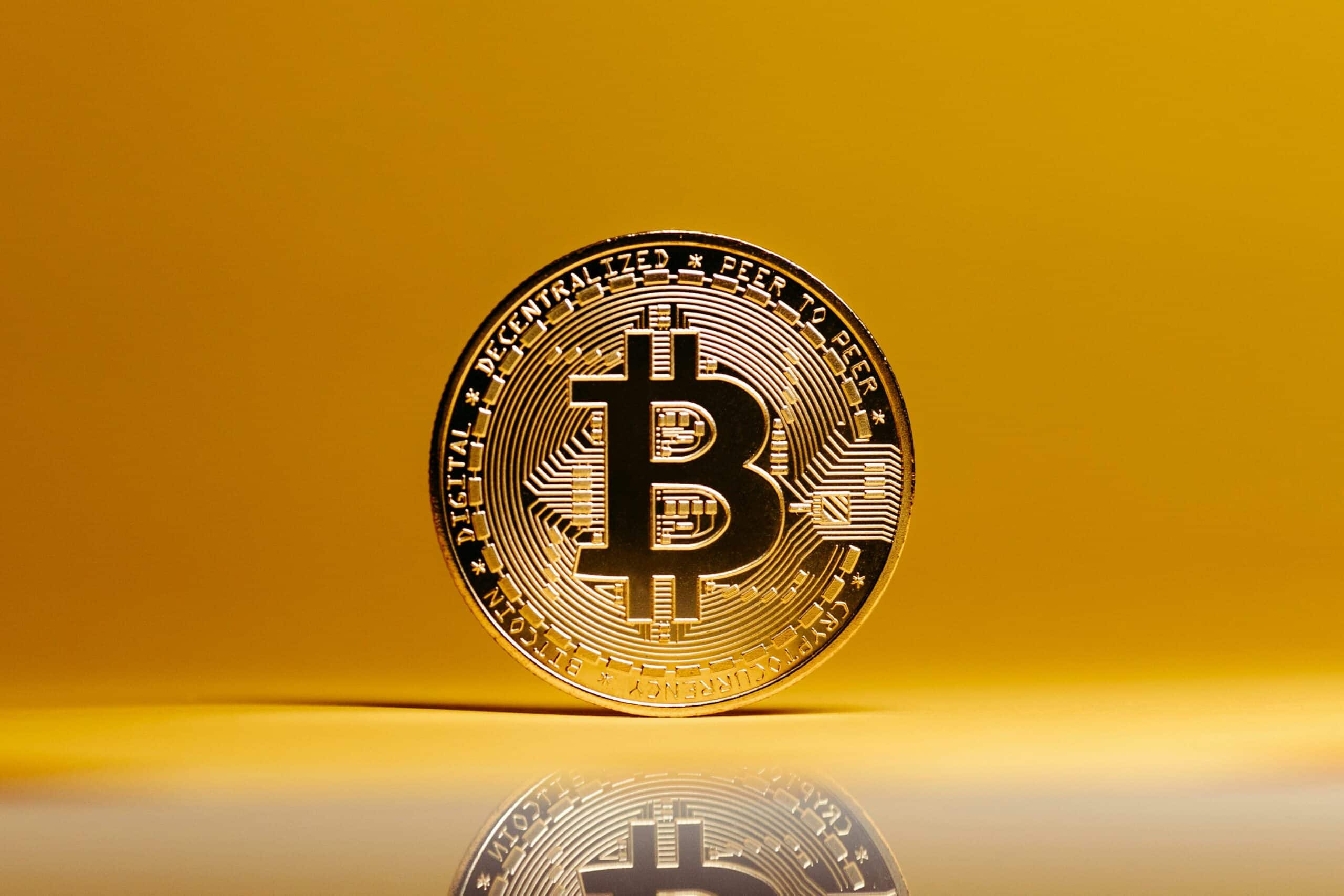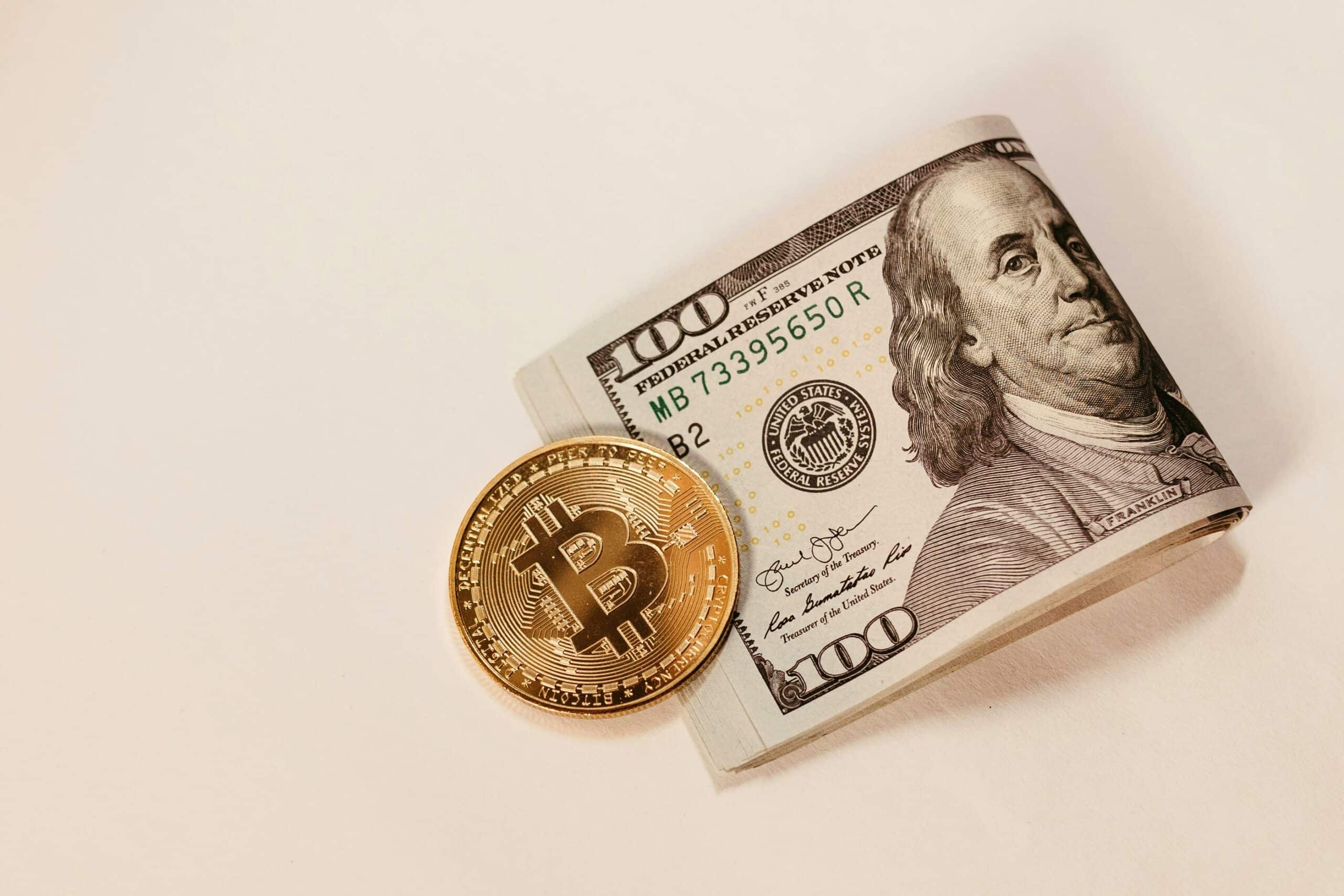The crypto space is notorious for its security breaches and hacks. While cryptocurrencies are designed to be secure, no technology is perfectly invulnerable to attack. There have been numerous instances of cryptocurrency exchanges being hacked, resulting in vast amounts of money lost. However, it’s important to remember that the underlying blockchain technology that runs most digital currencies is very secure and difficult to compromise.
Despite the numerous high-profile cryptocurrency hacks that tend to make headlines, there are a variety of ways that crypto users can protect themselves and their funds from potential attacks. In this blog, we’ll discuss the different types of crypto hacks, how to protect yourself from them, and what are the best crypto wallets and exchanges on the market to keep your digital assets safe.
Table of Contents
Is it easy to hack crypto?

It’s not easy to pull off a successful crypto hack, but it is possible. While the underlying blockchain technology itself is extremely secure, cryptocurrency exchanges and wallets are vulnerable to attack. Essentially, to gain access to a user’s crypto funds, a hacker must first gain access to the exchange or crypto wallet where the funds are held. This can be done through a variety of different means, such as social engineering or phishing attacks. Crypto hackers can also mount a direct attack on a crypto exchange, attempting to exploit security flaws or vulnerabilities in the system.
Let’s cover the different types of crypto hacks and how to protect yourself from them.
Phishing attacks
Phishing is a type of cyber attack where the hacker attempts to gain access to a user’s account by impersonating an individual or company that the user trusts. The hacker will send malicious emails, SMS messages, or links that lead to fake websites. If the user clicks on the malicious link or enters their password, their account can be compromised, and the hacker can gain access to the user’s funds.
To protect yourself from phishing attacks, always be wary of suspicious emails, links, and SMS messages, and never enter your credentials on a website that you don’t trust. Make sure to look out for spelling mistakes or other red flags that may indicate a malicious link.
Social engineering attacks
Social engineering is another type of attack where hackers attempt to manipulate users into revealing sensitive information or transferring funds. This can include impersonating an individual or a company or using other tactics to trick the user.
To protect yourself from social engineering attacks, always be wary of any requests to transfer funds or reveal sensitive information. If you are ever suspicious of a request, contact the individual or company directly to verify the request.
Exchange hacks
Exchange hacks are a type of attack where hackers attempt to exploit vulnerabilities in an exchange’s system in order to gain access to user funds. Exchange hacks have become increasingly common, with numerous high-profile cases of exchanges being hacked and millions of dollars lost.
To protect yourself from exchange hacks, make sure to only use reputable exchanges that have implemented a variety of security measures. Also, make sure to enable two-factor authentication (2FA) on your account and use a secure password.
Crypto wallets
Crypto wallets are also vulnerable to attack, and it’s important to make sure that you are using a secure wallet to store your digital assets. Hardware wallets, such as the Ledger Nano X, are the most secure type of wallet, as they store your private keys on a physical device. Software wallets, such as Coinbase and MetaMask, not only offer advanced security measures such as 2FA, but these types of hot wallets also provide a convenient and user-friendly interface for managing your funds.
Flash loan attacks
Flash loan attacks in the crypto industry are on the rise, and it’s no surprise why – these attacks are quick, cost-effective, and difficult to trace back to the perpetrators. In such an attack, a malicious actor takes an uncollateralized loan from one protocol and then uses it to manipulate the market through various gimmicks across multiple DeFi protocols. All this can be done within a matter of seconds! Despite newly implemented safeguards, such attacks have resulted in several hundred million dollars of losses.
Cross-chain bridge hacks
Cross-chain bridges are tools that allow users to move digital assets across different blockchain networks. As an example, the Wormhole Bridge is a channel that creates bridges between multiple blockchains such as Ethereum and Solana. The Wormhole protocol facilitates the swift movement of cryptocurrencies and NFTs across these chains.
Designed to solve the issue of interoperability between different blockchains, these bridges tools have opened up a new type of attack vector. Hackers have used cross-chain bridges to exploit vulnerabilities and gain access to user funds on other blockchains.
Bridges become a prime target for hackers because they can act as a central storage hub for funds that back the “bridged” assets. No matter if the funds are kept in a decentralized finance contract (also known as smart contracts) or with a centralized custodian, that storage point still becomes an attractive target.
Rigorous code audits can go a long way toward solving cross-chain protocol issues and therefore bolstering smart contract code security.
What have been the world’s biggest crypto hacks?

Let’s look at the top 3 biggest crypto hacks of all time:
1. Ronin Network
In March 2022, Ronin Network, the leading exchange for Axie Infinity players, was subject to a cyberattack that remains atop the largest crypto hacks of all time. In total, stolen funds were valued at $614m (calculated using the concurrent value of crypto). Hackers exploited security flaws in the Ronin Network, thereby gaining access to the private keys required to make transactions. This then allowed them to access a massive 173,600 Ethereum and 25.5 million USDC. This heist is now one of the largest digital crimes ever committed and has highlighted just how vulnerable networks can be if proper security measures aren’t in place.
2. Poly Network
On August 10th, 2021, a hacker astonished the crypto community by initiating a crypto hack that saw them transfer funds to the tune of $611 million to three wallets they controlled. Having found a way to procure tokens on the Poly Network protocol without relinquishing the corresponding token assets on other blockchains, the hacker made off with a hoard of cryptocurrency. That is, until the next day when sensing perhaps that their search for profit would yield no reward, the hacker began making arrangements to transfer back all of the tokens soon after. Despite speculation that they may have faced trouble trying to sell them, someone claiming to be the perpetrator later revealed that they had committed the crime “for fun.”
3. Coincheck
In January 2018, the Japanese crypto exchange Coincheck reported $547 million in funds stolen from its hot wallet. The hack, believed to be one of the largest crypto thefts ever recorded, saw attackers transfer 547 million NEM tokens. In response, a self-regulatory body was created by 16 crypto exchanges within Japan. The Financial Services Agency also issued an order for all cryptocurrency exchanges to report on their cybersecurity defenses and protocols. These measures, taken to protect against similar attacks and thefts occurring in the future, point towards a gear shift in the crypto industry’s approach to security.
How can I protect myself from crypto hacks?
The best way to protect yourself from crypto hacks is to educate yourself about the different security measures you can take. Here are a few tips:
- Use strong passwords and two-factor authentication whenever you can.
- Don’t store large amounts of cryptocurrency on any exchange, preferably using cold storage instead.
- Regularly back up your wallet with a secure seed phrase.
- Use a secure wallet, such as a hardware wallet, to store your funds.
- Never give out personal information or access to your accounts, even if the request appears to be from a legitimate source.
- Regularly monitor your accounts for any suspicious activities and alert the authorities if you detect anything out of the ordinary.
- Use decentralized exchanges with built-in security features, such as decentralized order books and atomic swaps.
Final thoughts
While crypto hacking may seem like a daunting task, there are steps you can take to protect yourself. By understanding the risks and taking measures to mitigate them, you can help ensure that your crypto is safe from hackers. You can also use insurance to help cover any losses in the event of a hack.
In a move that demonstrates its commitment to keeping crypto assets secure, Binance has set up a $1 billion insurance fund, consolidating funds it has been collecting since last year. Aimed at ensuring the safety of crypto industry users, the move reflects Binance’s reaction to recent crypto hackings, including one that affected their own platform in 2019. The fund offers peace of mind and continued assurance that crypto assets are as secure as possible as crypto trading penetrates deeper into our financial markets.
Notwithstanding the various security measures in place, it is important to remember that the onus of protecting against crypto hacks ultimately falls on individual users. Due to the fast-moving nature of the crypto space as well as the hackers that target it, law enforcement officials will unfortunately always remain a step behind. That’s why vigilance and awareness are key. By staying informed and using best practices, users can mitigate the risks of being hacked and protect their crypto assets so they can benefit from all the potential of digital currencies.













